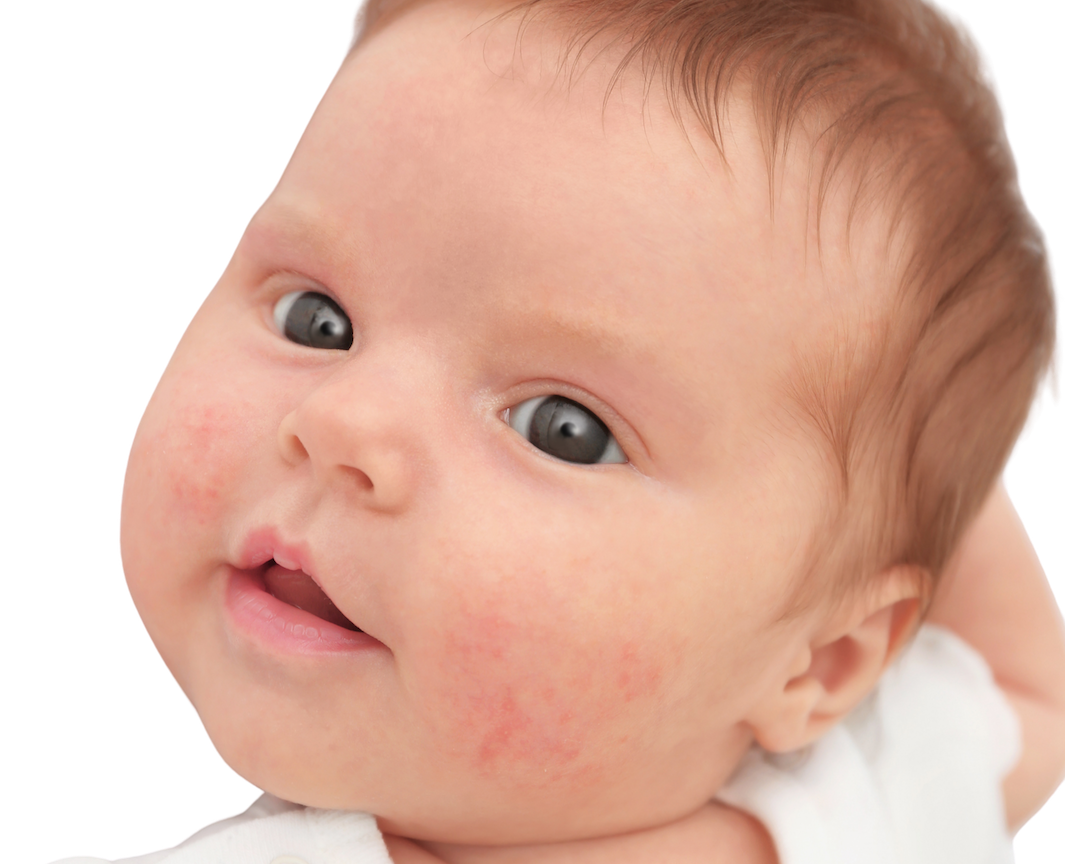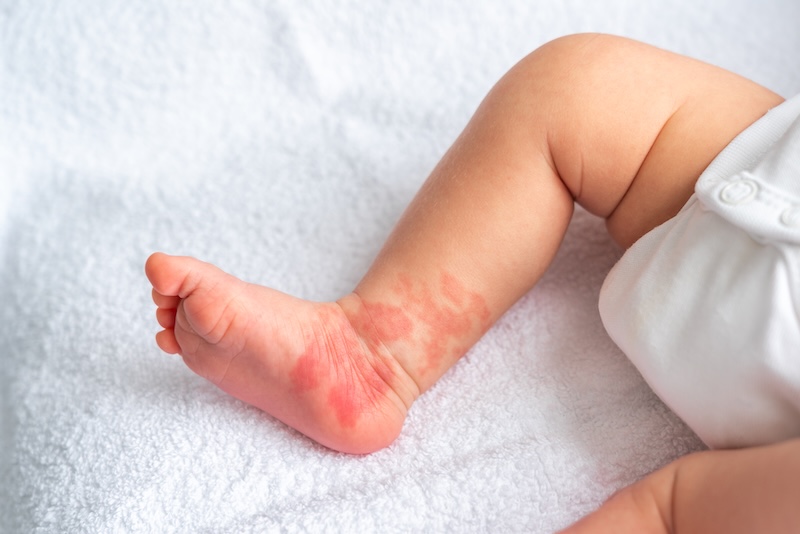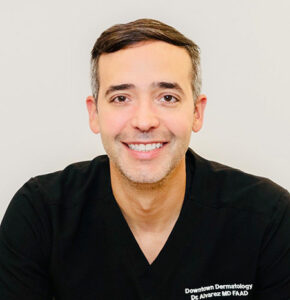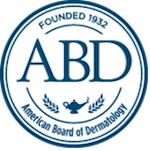Frequently Asked Questions
At what age should I bring my child to see a dermatologist?
You can bring your child to a dermatologist at any age, including infancy. If your child has persistent skin issues like eczema, rashes, birthmarks, or other concerning skin conditions, it's never too early to seek expert care. Early intervention can prevent complications and provide relief sooner.
How is pediatric eczema different from adult eczema?
Pediatric eczema often appears in different locations than adult eczema. In infants, it typically shows up as dry, scaly patches on the scalp and cheeks with discharge and crusting. In older children, it's commonly found on the inside of elbows and knees, neck, hands, and feet. Many children outgrow eczema as they enter adulthood, though it may flare up periodically.
Is eczema contagious?
No, eczema is not contagious. It's a genetic condition that runs in families and cannot be spread from person to person through contact.
Will my child outgrow eczema?
Many children do outgrow eczema as they reach adulthood. However, some may continue to experience flare-ups throughout their lives. Proper management during childhood can help minimize symptoms and reduce the likelihood of long-term issues.
Are the treatments safe for my child's sensitive skin?
Yes. Our board-certified dermatologists specialize in pediatric care and prescribe treatments specifically designed for children's delicate skin. We focus on gentle, effective options that provide relief while minimizing potential side effects.
How can I prevent my child from scratching their eczema?
Keep your child's nails short and smooth, use moisturizers regularly to reduce itching, dress them in soft fabrics, maintain a cool environment, and consider using protective mittens at night for infants. Your dermatologist can also prescribe anti-itch medications when needed.
What's the difference between eczema and a regular rash?
Eczema is a chronic condition characterized by dry, itchy, inflamed skin that tends to flare up periodically and appears in specific patterns. Regular rashes are typically temporary reactions to allergens, infections, or irritants and usually resolve on their own. A dermatologist can properly diagnose the condition and recommend appropriate treatment.
Should I use over-the-counter products or prescription treatments?
While mild cases may respond to over-the-counter moisturizers and gentle cleansers, persistent or severe eczema often requires prescription treatments like topical steroids or other anti-inflammatory medications. It's best to consult with a dermatologist to develop a personalized treatment plan.
What should I do during an eczema flare-up?
Apply moisturizer immediately, avoid known triggers, use prescribed medications as directed, keep the affected area clean and avoid scratching, and contact your dermatologist if the flare-up is severe or doesn't improve with home care.
How do I know if my child's skin condition requires urgent care?
Seek immediate care if your child develops signs of infection (increased redness, warmth, pus, fever), severe pain, rapid spreading of rashes or lesions, blistering, or if their condition significantly impacts their quality of life or sleep.
Do you offer same-day or urgent appointments for children?
Contact our office to discuss availability for urgent concerns. We understand that children's skin conditions can be distressing and strive to accommodate families as quickly as possible.



.jpg)














